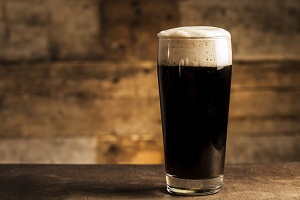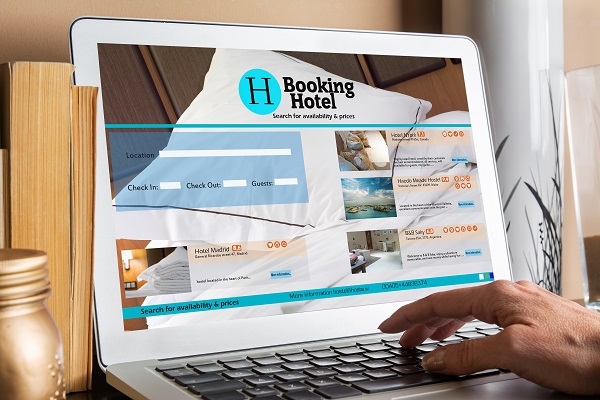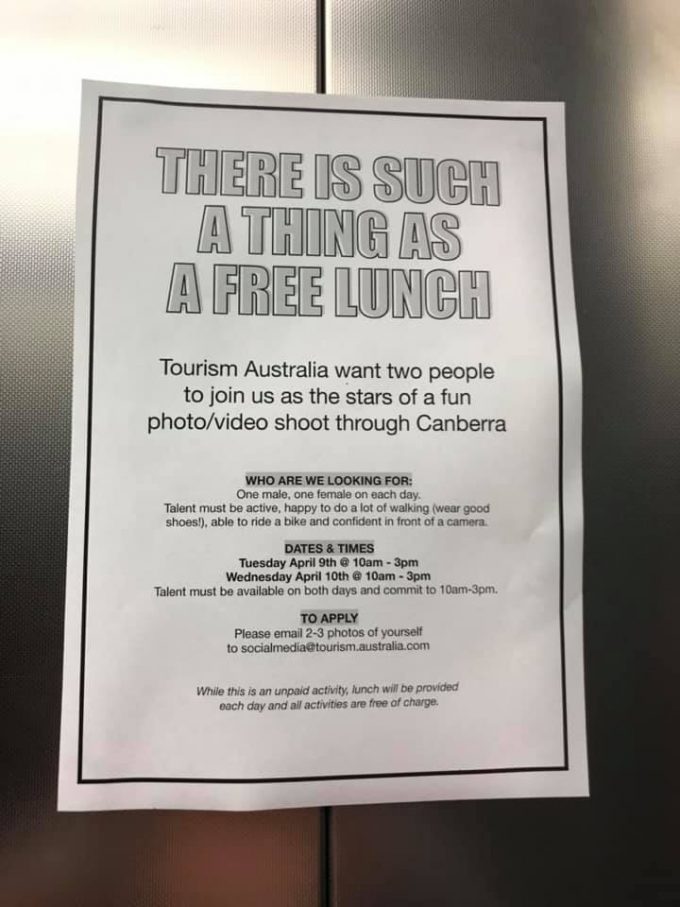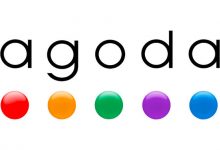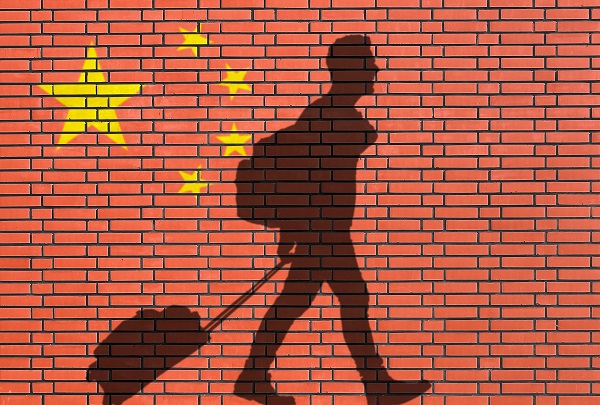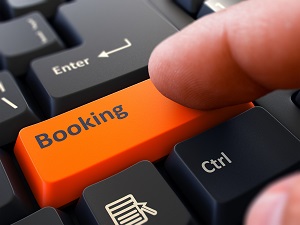
5 more ways your hotel booking engine is pushing people out the door
The push to shift from dependency on OTAs and increase direct bookings has inspired hotels of all sizes to spend billions on driving traffic to their own website and call centres.
Sadly, its mostly wasted… hotel owners and their marketing teams would be better served by focusing instead on converting a higher percentage of their existing traffic stream.
And the best way to convert more visitors is to focus on the visitors already entering a date search in your booking engine. According to Econsultancy, the travel industry as a whole suffers from 81% abandoned cart rates, compared to just 68% across other online retail sectors.
Now that you’ve read the first five ways your hotel booking engine is inhibiting results, we can move on to the next five.
6. Slow means no:
25% of visitors will abandon a website that takes more than 4 seconds to load. Almost 50% will abandon if the site takes more than 10 seconds to load. In our fast-paced, instant-gratification culture—fuelled by high-speed internet—consumers expect your web pages to load immediately!
The need for speed is even more important once your website passes the visitor into the booking environment… because consumers will use any provocation to run for the exit button and put their credit card back in their wallet.
What many often overlook is that their hotel website design and their booking engines are managed by separate companies. Layout and appearance can cause confusion when a consumer moves from the website to the booking and availability results are presented. But even more disconcerting and harmful is the delay in presenting results from the consumer’s date search. Slow page loads are especially prevalent when hotels pass a discount rate code to the booking engine or try to combine airfare and hotel rates in the availability results.
Hotel marketing teams must be vigilant and frequently test the load time of results in consumer booking searches, especially city hotels or properties with a high ratio of mobile bookings from consumers often relying on cellular (non hi-speed wifi) connections to complete their transactions.
7. They weren’t prepared to buy in the first place:
A study by eMarketer found that almost 58% of online shoppers leave their shopping carts simply because they weren’t ready to make the purchase at that moment. Expect plenty of that from hedonistic travellers dreaming about vacation… they are basically window shopping with no sense of urgency. Instead of just accepting this attrition or passively waiting for them to come back, use their visit as an invitation to retarget them and engender consideration when they are ready to buy.
According to SalesCycle, 33% of those who abandon their travel bookings eventually return to the site the same day, 13% return the next day. Increase the chances they’ll complete their booking the second time around by asking for their email address immediately in the booking process, so that you can send them a personalized reservation recovery email a few hours after they leave your booking engine.
These emails enable the consumer to return directly to the booking environment and pick up the booking exactly where they left off.
Many savvy hoteliers also use retargeting ads to stay top of mind with the customer after they’ve left the hotel website. Often, these retargeting ads (as well as the reservation recovery email) will offer a special discount to entice the consumer to return and book.
87% of booking abandoners say they would return if encouraged to do so. Are you getting your share of this low-hanging fruit?
8. You stopped selling before they’re sold:
Just because the traveller has made it past the “book now” button, doesn’t mean they’re completely sold on staying with you. Your booking engine must still continue to sell, while pushing them further and further into completing the reservation. Your booking environment shouldn’t be boring.
Instead, it should reflect the unique character of your hotel and the essence of your hotel brand with the correct colours, text and layout.
Smart hoteliers are taking it one step further by embedding the same dynamic personalization technology in their booking environments as they have on their front-end websites. For example, if a visitor to the website spends more time on the meetings or business/corporate pages of your site, there is a strong possibility that she is a business traveller. Or, if a consumer clicks on all your F&B pages, he is telling you that food and entertainment are his hot buttons.
These web “behavioural” signals enable you to dynamically change the merchandising (photos, badges, reminders etc.) inside your booking environment, thereby reducing abandonment and keeping the consumer stimulated all the way through the actual purchase.
9. You’re not speaking their language:
This seems painfully obvious, but far too many hotels treat everyone as an English-speaking American. Imagine the frustration of your overseas website visitors when they enter a booking environment that is not automatically defaulted to their native language or currency.
There is no need to risk abandonment as a result of language issues. Smart hoteliers can easily detect the originating location of a web visitor and automatically change the language presented on the website and booking engine to the native language of the visitor.
Taking it a step further, smart booking engines now enable you to change prices for specific countries where currency value and buying power are greater than the dollar, thereby increasing revenue by capitalising on stronger economic conditions in certain markets.
10. Limited payment options:
You pride yourself on giving consumers choices in room types, F&B venues and other add-ons. Your flexibility should extend to the most important element in the customer-acquisition process: the checkout!
Yet, sometimes the simple reason shoppers don’t complete a purchase is that their preferred credit card wasn’t accepted in your booking engine.
Smart hotels offer multiple payment options, going beyond Amex, Visa and Mastercard to include as many forms of payment as possible, including third-party online payment services like PayPal. Some even take it a step further like Couples Resorts, who offer a “loveaway” payment plan.
BONUS: One simple thing to fix right now!
Everyone loves coupons and their internet cousins, the “coupon code.” But studies have shown that the mere presence of the “coupon code” box on your booking engine can send potential guests running for the exits to scour the web for coupon codes for your property. Remove the box immediately!
If you want to offer special discounts, put them on your specials page with automatic embedded links carried to your booking environment.

AccomNews is not affiliated with any government agency, body or political party. We are an independently owned, family-operated magazine.

